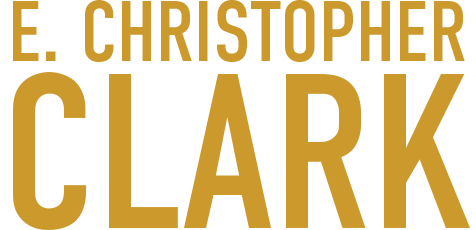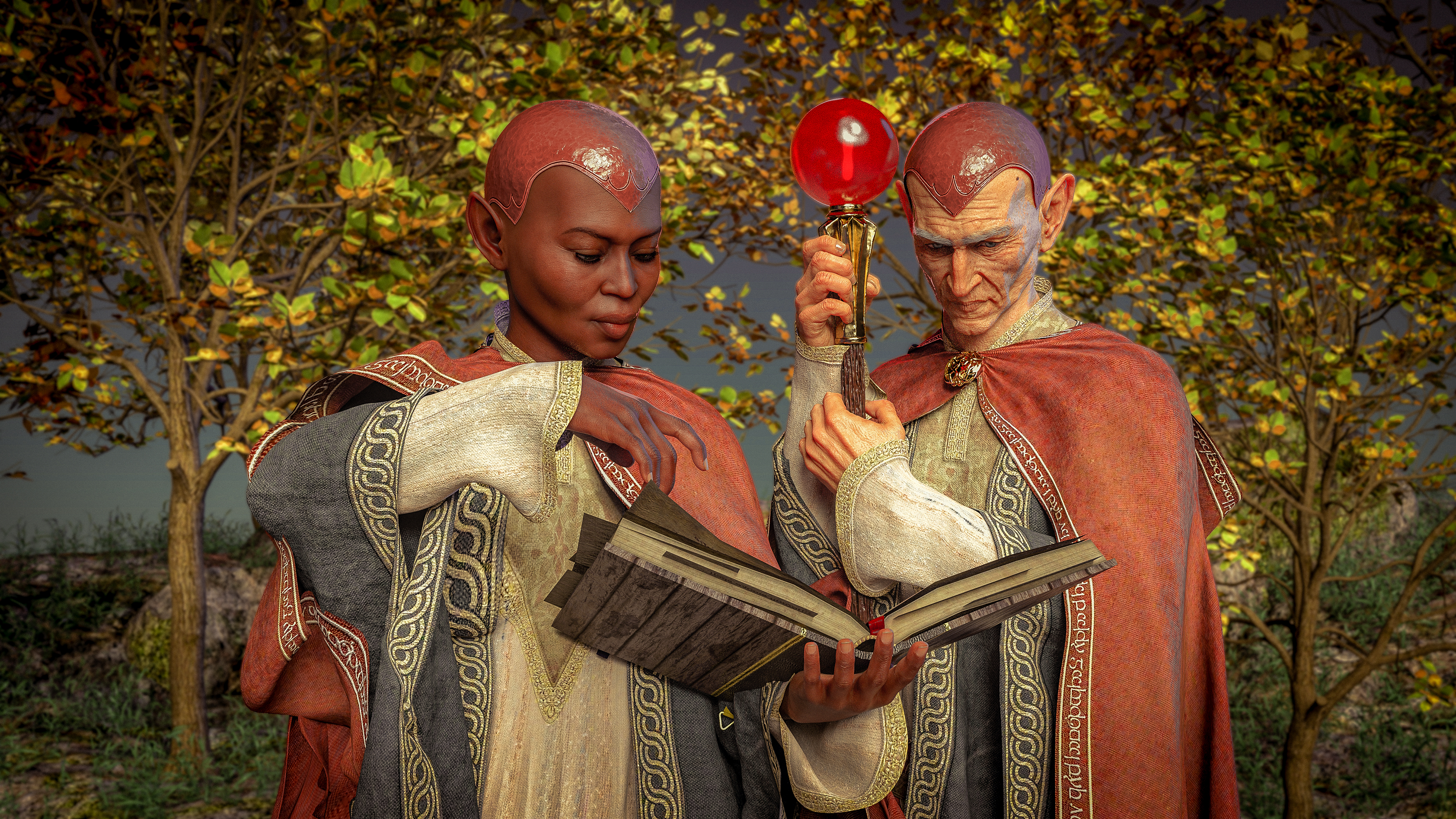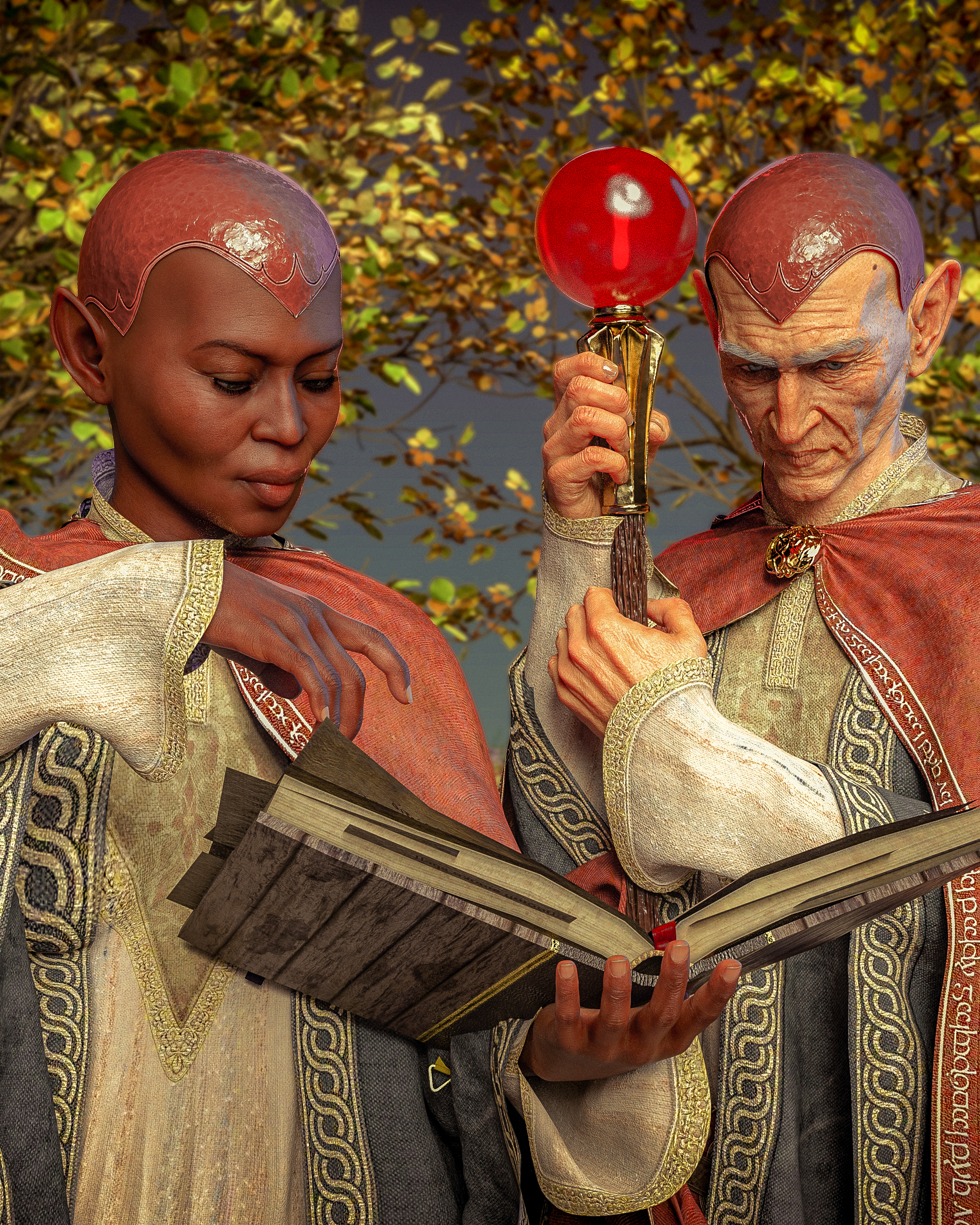Old Elvish
Old Elvish was the language of the ancient Faegred elves, the first of that species known to keep written records—though not the first community of elves overall. In fact, the name this group gave themselves—Faegred—literally means “the people who leave.“ Where they left and who they left behind remains a mystery.
Though now a dead language, its linguistic descendant—Modern Elvish—can still be heard throughout the cosmos today.
In fact, several Old Elvish words are still in common use today. The name of the elven order of warrior monks, Elind, means “a shield.” An Elind Knight’s weapon is called a Stoy, the Old Elvish word for staff. And the surname of the most famous elf of them all—Kris Kringle—is taken from the Old Elvish, as well. It means, literally, “a jolly person,” though the stoic Faegreds thought jolly people fools, which is what the word still means in some of the elvish languages spoken today.
Phonology
Consonant Inventory
| Bilabial | Labiodental | Alveolar | Palatal | Velar | Glottal | |
|---|---|---|---|---|---|---|
| Nasal | m | n | ŋ | |||
| Stop | p, b | t, d | k, g | |||
| Fricative | f | s, z | h | |||
| Approximant | /r/ | /y/ | w | |||
| Lateral approximant | l |
Vowel Inventory
| Front | Back | |
|---|---|---|
| High | iː | uː |
| Near-high | ɪ | ʊ |
| High-mid | eː | oː |
| Low-mid | ɛ | ɔ |
| Low | ɑ ɑː |
Morphology
- Adjective → adverb = add prefix o-
- Adjective → noun (the quality of being X) = if it starts with a vowel or the consonants l or r, add prefix k-; otherwise, add prefix ka-
- Noun → adjective (having the quality of X) = add prefix a-
- Verb → noun used to accomplish X = add prefix dren-
- One who Xs (e.g. paint → painter) = add prefix fae-
- Place where the verb is enacted = if it starts with a vowel or the consontants l or r, add prefix p-; otherwise, add prefix pa-
- Place where things are = add prefix mawk-
- The stuff something is made of = add prefix zod-
- The smallest unit of X = add prefix -zin
- Diminutive = if it starts with a vowel, add prefix n-; otherwise, add prefix na-
- Augmentative= if it starts with a vowel, add prefix t-; otherwise, add prefix ta-
Sentence Structure
The main word order in Old Elvish is subject-verb-object. Adjectives, adpositions, and articles come after the noun. Possessors come after possessees.
Structural Markers
While the singular form of nouns is unmarked, the plural form is marked by the suffix -rie.





I like the section on how it's still used today even if it is a dead language :)
I wanted it to be like Latin in that way, so I'm glad that came across.